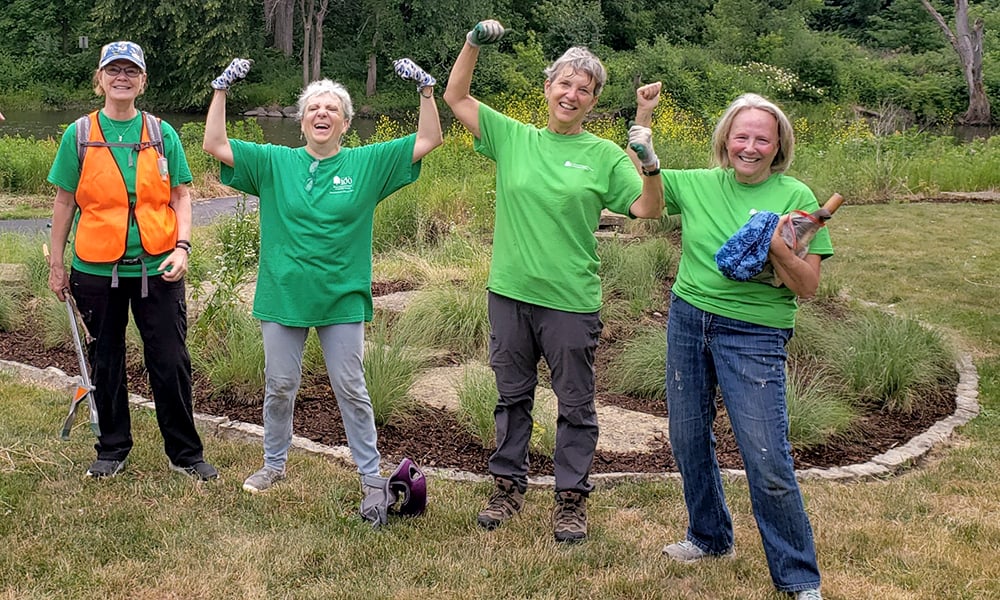Volunteering is a fundamental aspect of the university experience, providing students with opportunities to contribute to their communities while acquiring valuable personal and professional skills. By combining academic knowledge with practical engagement, volunteering enables students to develop a well-rounded skill set and cultivate meaningful networks. It enriches education and fosters a significant, lasting impact on society. Here are five key ways in which volunteering transforms the university experience and drives positive change.
Cultivating Leadership and Teamwork Skills
Volunteering places students in roles that encourage leadership and collaboration, from event planning and logistical coordination to managing outreach initiatives. These responsibilities offer hands-on opportunities to enhance problem-solving, decision-making, and project management skills. Through activities such as fundraising, mentoring, and program development, students build confidence, resilience, and accountability. These experiences not only equip students to navigate future professional challenges but also foster empathy, a sense of purpose, and a commitment to excellence.
Bridging Academic Knowledge with Practical Application
Volunteering serves as a vital link between academic learning and real-world experience. It allows students to apply theoretical concepts, explore career trajectories, and gain practical skills that enhance their resumes and clarify their future aspirations. By engaging in volunteer work, students improve adaptability, broaden their networks, and gain confidence in their abilities. For example, Malala Yousafzai, while studying at Oxford University, applied her academic insights to global advocacy through the Malala Fund. Her initiatives to improve education access for girls in underserved regions exemplify how academic knowledge can align with practical action to effect meaningful societal change.
Building Valuable Connections

Volunteering facilitates connections with individuals from diverse backgrounds, including peers, mentors, and industry professionals. These relationships foster a sense of community and often lead to mentorship opportunities and career development. Collaborative efforts during volunteer work enhance communication and interpersonal skills while building a network that supports future endeavors. These connections provide both professional advantages and a deeper appreciation for teamwork and mutual support, leaving a lasting impact on students and the communities they serve.
Encouraging Personal Development and Empathy
Volunteering immerses students in contexts that highlight societal challenges, fostering cultural awareness, empathy, and a nuanced understanding of complex social issues. These experiences encourage personal growth, helping students develop resilience, compassion, and a broader worldview. By stepping beyond their comfort zones, students gain valuable life lessons that extend far beyond academic settings. They refine critical skills, including communication, teamwork, and leadership, while nurturing a sense of purpose and global responsibility.
Making a Meaningful Impact on Communities
One of the most fulfilling aspects of volunteering is the tangible difference it makes in communities. Students address critical social challenges, such as supporting educational initiatives, advancing sustainability projects, or assisting underserved populations. Their efforts not only improve lives but also promote civic engagement and collective action. These contributions help create a more inclusive and compassionate society while enhancing students’ leadership and problem-solving abilities. The impact of their work resonates far beyond the immediate, leaving a legacy of positive change.
Volunteering offers students the unique opportunity to integrate academic knowledge with meaningful, real-world experiences. York University offers students opportunities to engage in initiatives focused on sustainability, leadership, and global citizenship. York University Safety ensures a secure environment, enabling students to volunteer and engage with the community confidently and with a sense of reassurance. Volunteering helps students grow personally, build professional skills, and form connections while making a positive impact on society. It enriches both their university experience and the community.





